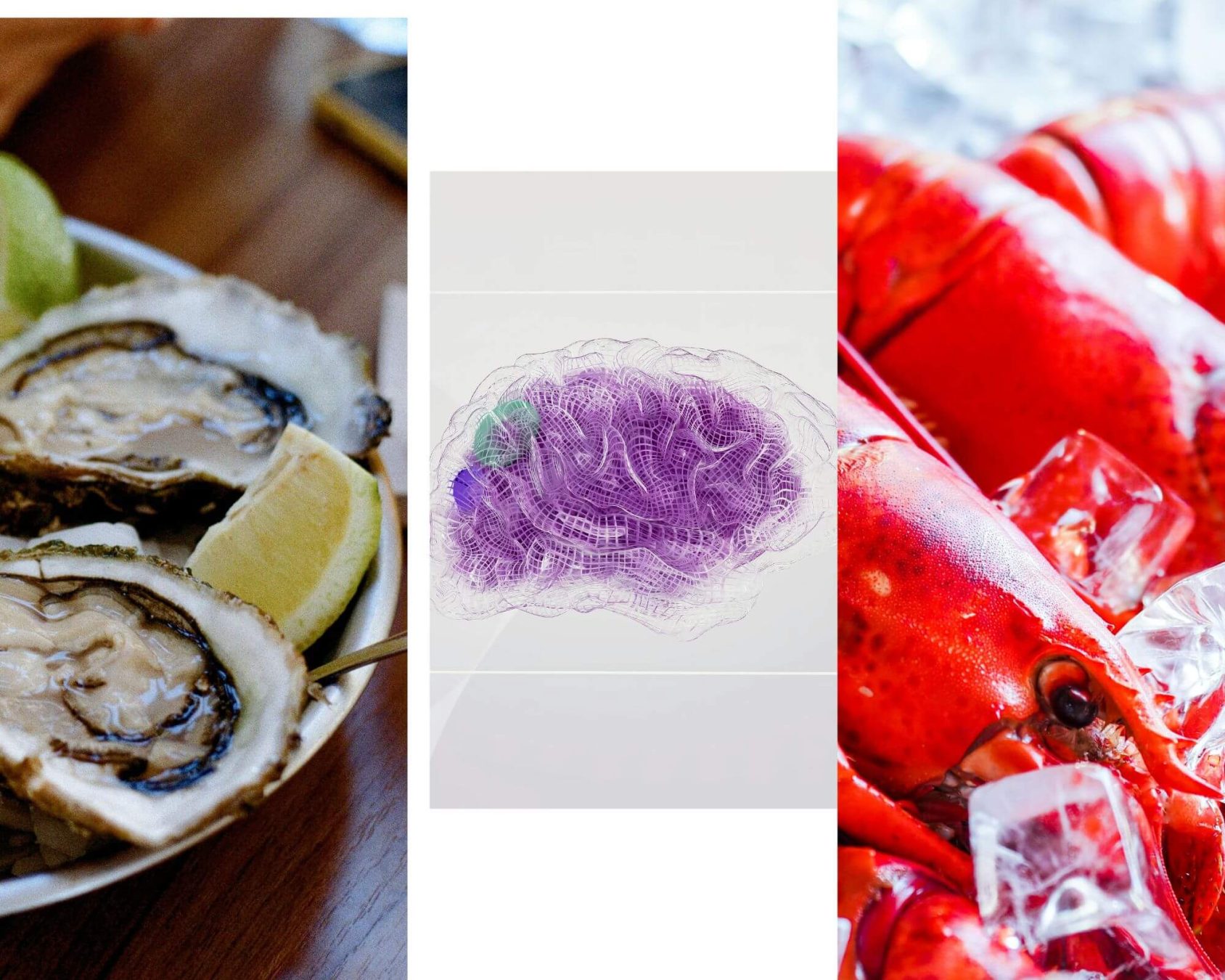A newly published study based on national US health data has found a link between moderate dietary copper intake and improved cognitive performance in older adults.
The research drew on NHANES data from 2,420 individuals aged 60 and over, collected between 2011 and 2014. Results showed better test scores at mid-range copper intake. The study adds to ongoing interest in nutrition’s role in healthy ageing.
Dietary Copper Intake Assessed via Quartile-Based Method
Copper intake was assessed by averaging two 24-hour dietary recalls, and participants were divided into quartiles according to intake levels. Researchers used four validated tools to assess cognitive performance: the Digit Symbol Substitution Test (DSST), Animal Fluency Test (AFT), a CERAD subtest, and a global cognition Z score.
Peak Cognitive Performance Observed at Moderate Intake Range
The strongest cognitive performance was observed in participants consuming between 1.2–1.6 mg of copper per day. Neurologist Steven Allder, who was not involved in the study, said:
“The study suggests that moderate dietary copper intake (approximately 1.2–1.6 mg/day) is associated with better cognitive function in older adults, particularly in processing speed and executive function.”
Scores peaked at specific levels: 1.63 mg/day for DSST, 1.42 mg/day for AFT, and 1.22 mg/day for the global cognition Z score. Above these levels, no further gains were recorded.
“This study highlights that cognitive benefits of copper appear most pronounced at moderate dietary levels, around 1.2 to 1.6 mg/day. Above that threshold, the gains taper off,” said Thomas M. Holland, MD, of the RUSH Institute for Healthy Aging.
Copper’s Biological Role in Brain Energy and Protection
Copper contributes to several vital brain functions, including energy production, neurotransmitter activity, and antioxidant defence.
“Copper plays a vital role in the brain’s health by supporting several biological systems… It acts as a cofactor for enzymes that help generate cellular energy and protect neurons from oxidative stress,” said Dr Holland.
Sources of Dietary Copper for Balanced Nutritional Intake
“Shellfish such as oysters, crabs and lobsters are among the richest natural sources… Organ meats, particularly liver, are also exceptional sources,” said Elena Rolt, registered nutritional therapist.
“Eating a diverse, whole-food diet will ensure adequate, but not excess copper,” she added.
Further Research Needed to Confirm Long-Term Cognitive Benefits
While the findings are promising, researchers stress the study is cross-sectional and cannot prove causation.
“To really move the science forward, I’d love to see prospective studies… Even better would be randomised trials that test copper supplementation,” said Dr Holland.
Still, the data add to a growing body of research on how nutrition supports brain health.
“This study really highlights how our brains are influenced by the foods we eat, even at the micronutrient level,” Holland said.












